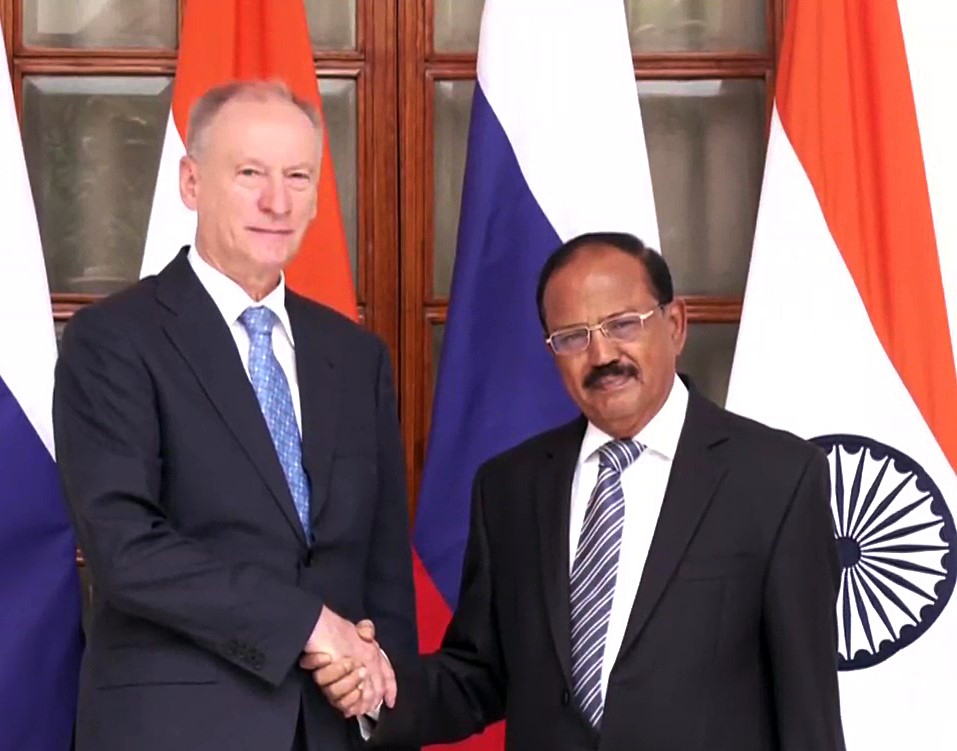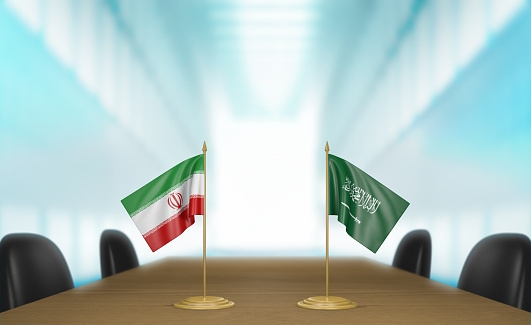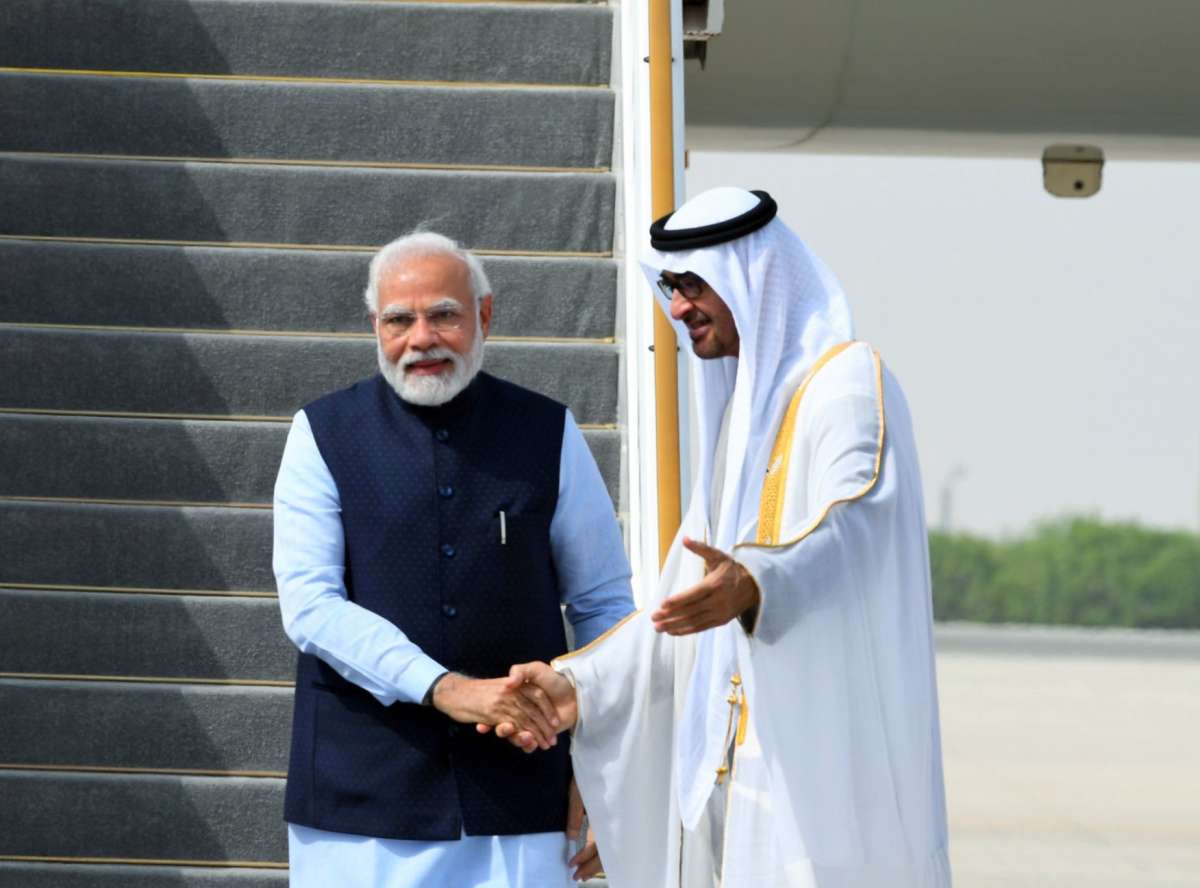Unclear if the conversation was at an in-person meeting between between them or a phone call…reports Asian Lite News
The US snooping on India’s National Security Adviser Ajit Doval has been revealed in the leak of a Washington document on talks between him and Russia’s Security Council Secretary Nikolai Patrushev.
It was not clear from The Washington Post report on the leak that if the intercept was made in India or in Russia.
Reporting on the leaked document, the newspaper wrote, “It says that Doval assured Patrushev of India’s support for Russia in multilateral venues and that New Delhi was working to ensure the war did not come up during a Group of 20 (G20) meeting chaired by India, despite ‘considerable pressure’ to do so.”
According to the Post, the document said that Doval asserted that India was resisting “pressures” to support West-backed resolutions at the United Nations on Ukraine.
Citing the document, the Post said that India “would not deviate from the principled position it had taken in the past”.
It was not clear from the Post story if the conversation was at an in-person meeting between between them or a phone call leaving open how the US got the information.
If it was based on a direct recording of an in-person conversation, it would appear to have taken place in Moscow.
If so, there is a difference between the date of the meeting cited by the Post and when a possible meeting could have taken place.
According to the newspaper the conversation is said to have taken place on February 22, a week before the G20 foreign ministers meeting in Bengaluru on March 1.
But a public record could not be found of a conversation between Doval and Patrushev on that date. The likely date for an in-person meeting between them is February 9, when, according to the Ministry of External Affairs, they met in Moscow and “discussed issues, including bilateral relations, regional and international developments”.
Doval was in the Russian capital from February 7 to 9 when he also met Russia’s President Vladimir Putin. It is possible that the document was dated February 22 and the newspaper assumed that it was the day of the meeting – unless there was a phone conversation on that date.
On February 20, Doval received a phone call from Andriy Yermak, the head of Ukraine’s President Volodymyr Zelensky asking India to support a UN General Assembly resolution on February 23 condemning Russia’s invasion.
It is possible that Patrushev called on the eve of the Assembly meeting and the leaked report was based on it. India abstained on the resolution.
The provenance of the conversation reported in the leaked document was not clear in the Post story and it could also have been based on internal reports of the meeting rather than a direct recording.
The document on the Doval-Patrushev conversation was one of a trove of documents leaked on Discord, a messaging platform.
Jack Teixeira, a 21-year-old member of the Massachusetts Air National Guard, has been charged with leaking scores of classified documents, many that offer insights into US surveillance operations. There is no independent verification of the authenticity of individual documents beyond the filing of spying charges against Texeira collectively over the leaks.
The G20 foreign ministers’ meeting was attended by US Secretary of State Antony Blinken, and Foreign Ministers Sergey Lavrov of Russia and Qin Gang of China. It obviously could not reach a consensus and it was noted at the top of the outcome document presented by India’s External Affairs Minister S. Jaishankar that not all foreign ministers agreed to the two paragraphs on Ukraine.
Those paragraphs said that “most members strongly condemned the war in Ukraine” and that “it is essential to uphold international law and the multilateral system that safeguards peace and stability”. They ended with Prime Minister Narendra Modi’s oft-quoted statement, “Today’s era must not be of war”.
India has stayed neutral on resolutions at the UN on Russia’s invasion of Ukraine at the UN, while offering carefully couched criticism of Moscow. Jaishankar said at the UN General Assembly last year, “India is on the side of peace and will remain firmly there”, but added, “We are on the side that respects the UN Charter and its founding principles”.
According to the Post, the leaked documents also showed that the US was able to access Pakistani internal government documents. It reported that in an internal memo quoted in a leaked document “Pakistan’s Difficult Choices”, Pakistan’s Minister of State for Foreign Affairs Hina Rabbani Khar said that Islamabad “no longer try to maintain a middle ground between China and the United States”.
The Post said that according to the document, she wrote that preserving Pakistan’s partnership with the US would sacrifice full benefits from the “real strategic” partnership with China.














